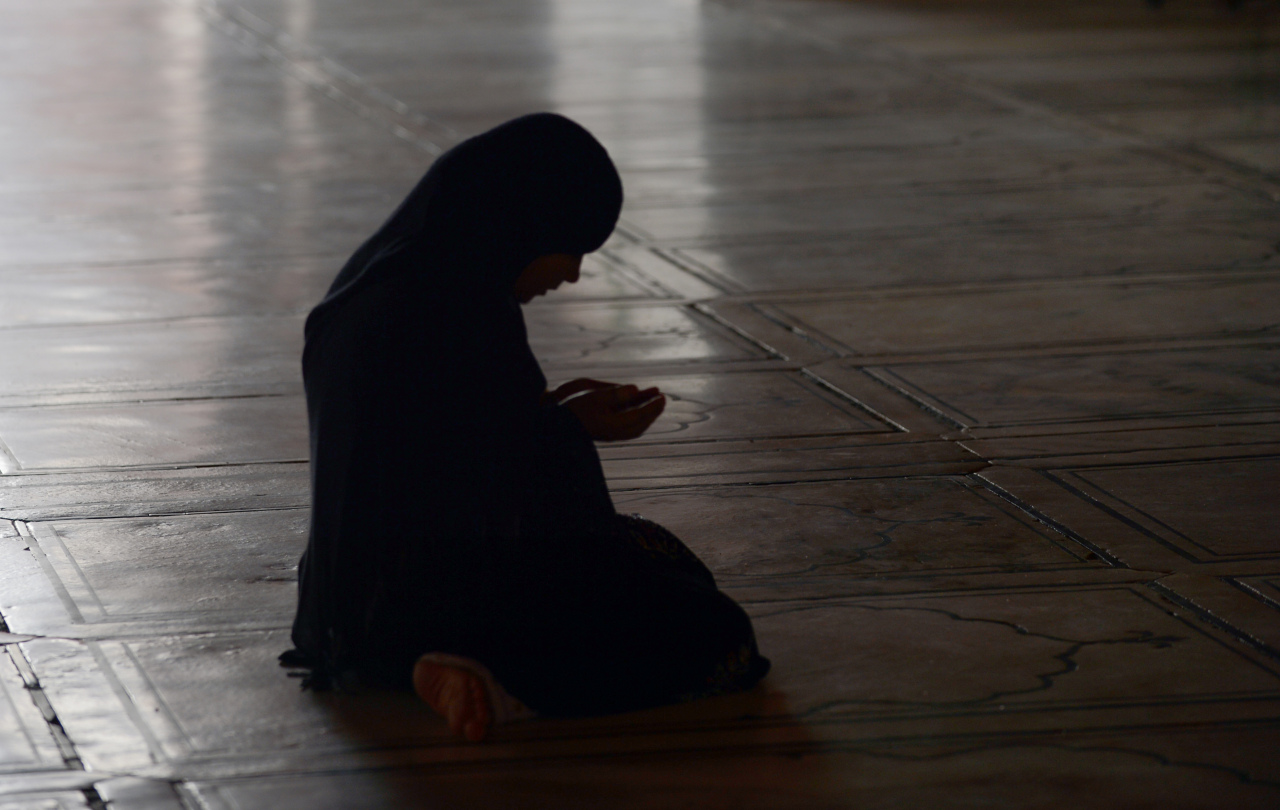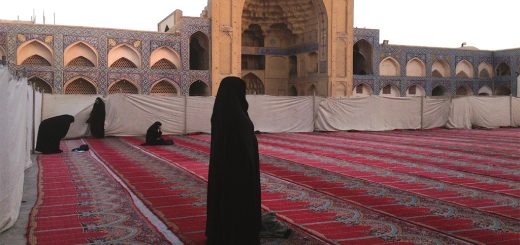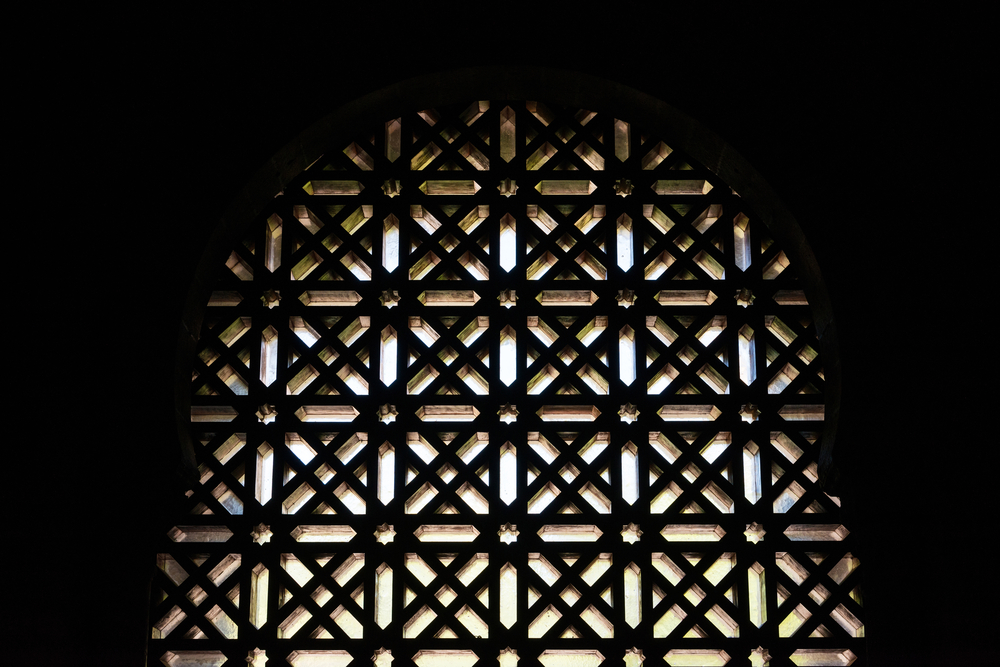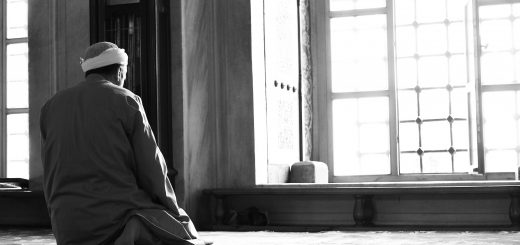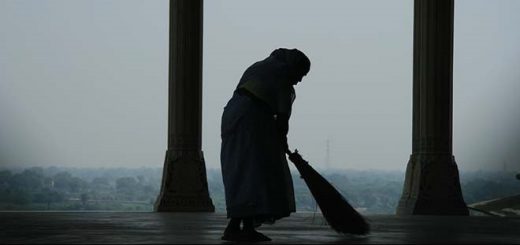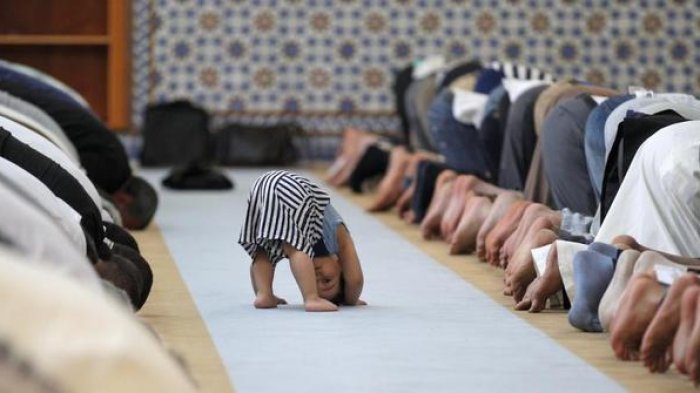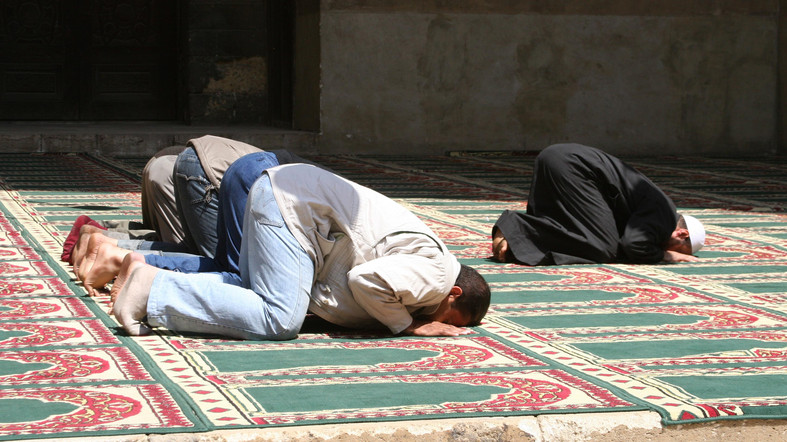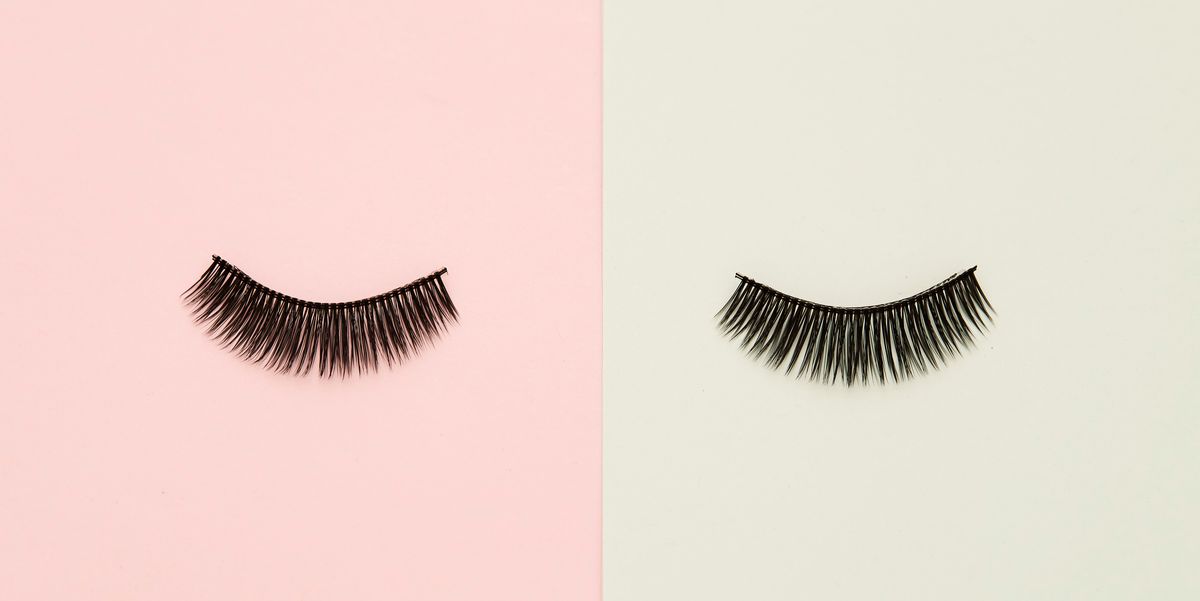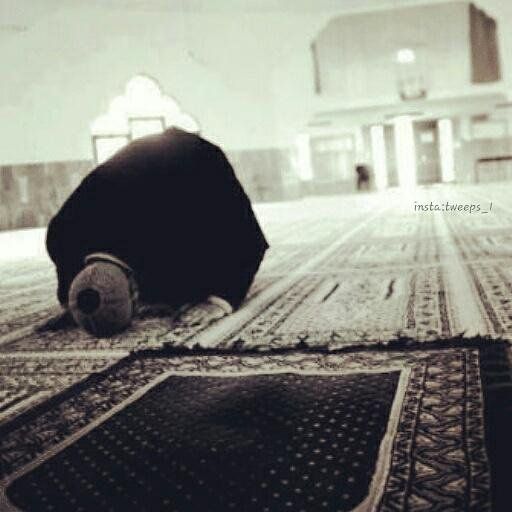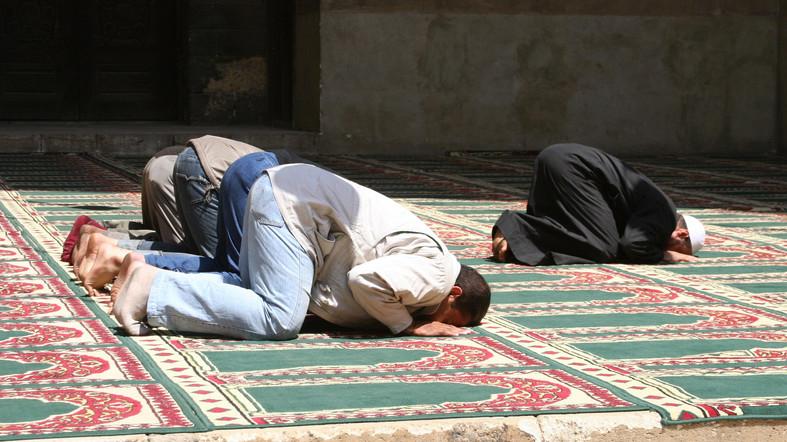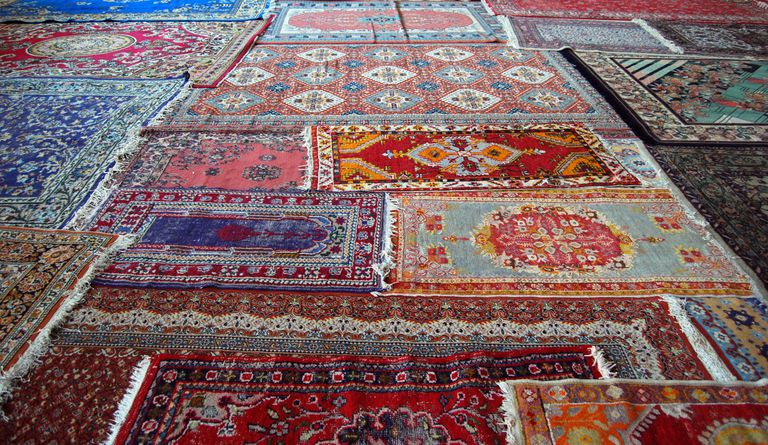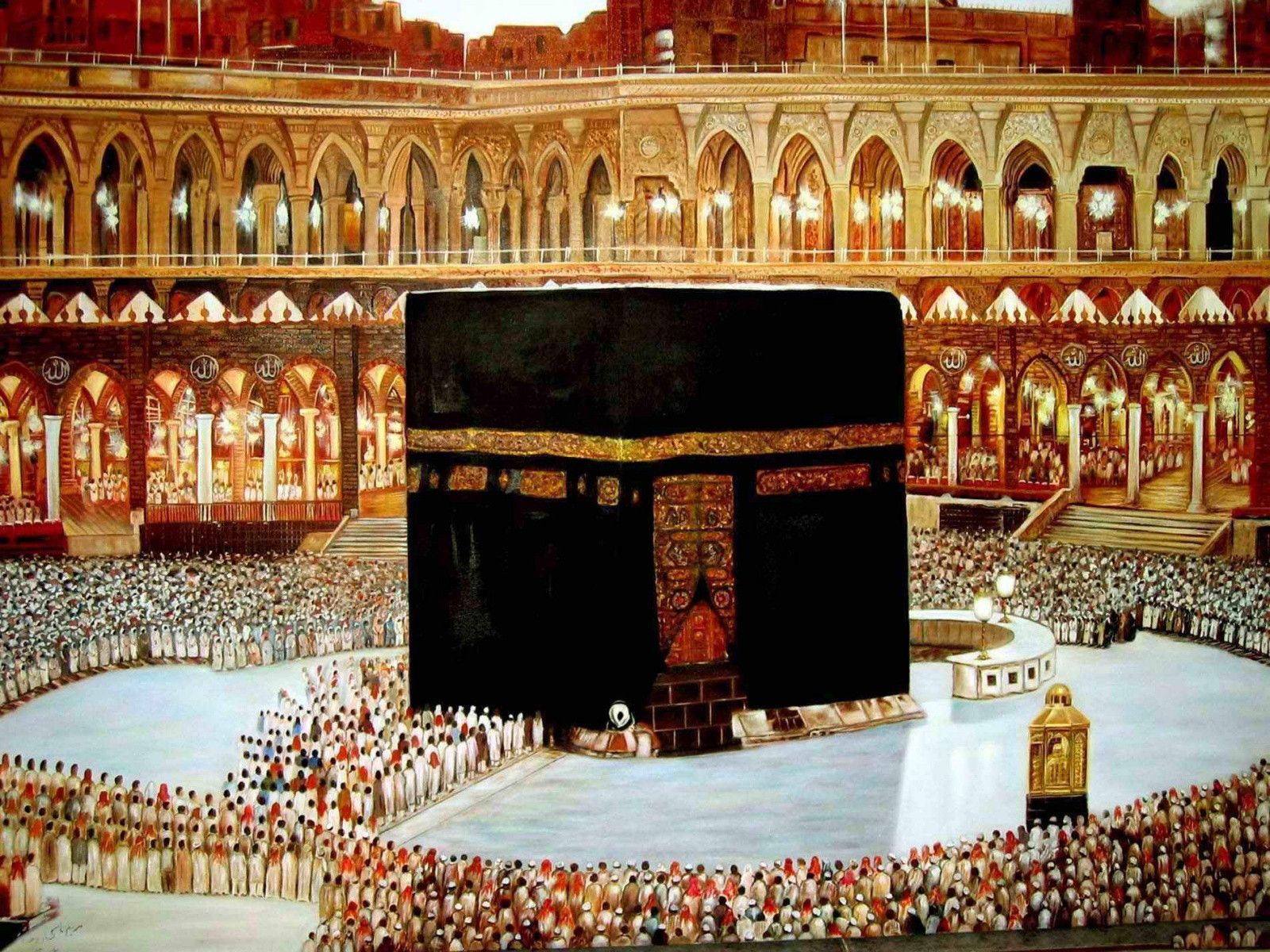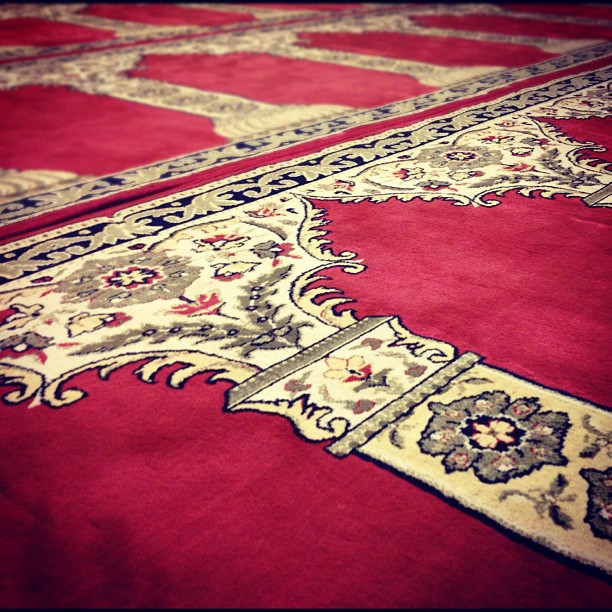QUESTION:
What do the scholars of the Dīn and muftīs of the Sacred Law state regarding the following issue: According to Hanafī Fiqh, how is it for women to go to a Masjid and pray Salāh, and why have they been prevented from praying Salāh in congregation (Jamā’ah). Also, what is the response to those who say that in the blessed era of the Holy Prophet ﷺ, women would come to the Masjid and pray Salāh?
Questioner: Bilal from Leicester, UK
ANSWER:
بسم اللہ الرحمن الرحیم
الجواب بعون الملک الوھاب اللھم ھدایۃ الحق والصواب
It is impermissible for women to go to the Masjid to pray Salāh because the Sharī’ah has the utmost regard for the reverence of veiling. In the blessed apparent lifetime of the Noble Prophet ﷺ, women would pray Salāh in congregation in the Masjid, then due to the change in the state of matters [of society], the respected scholars (may Allāh shower them with mercy) prohibited the going of women to the Masjid.
Just as my master, Imām e Ahle Sunnat, A’lā Hazrat Imām Ahmad Razā Khān, may Allāh shower mercy upon him, states that how is a Masjid not better than normal gatherings! (Meaning, if women have been prohibited from going to the Masjid, which is such a revered place, then why would normal gatherings not be prohibited). And (in relation to the Masjid during Salāh) what a great protocol has been undertaken regarding the matter of sitr, (meaning, how brilliant is the arrangement regarding veiling), that (during Salāh) the men have their backs facing that way that they can’t even face (towards them women), and they (i.e. the men also) are commanded not to stand up after performing salām, until the women have left (the Masjid). However, the scholars specified (i.e. set certain conditions) from the onset (meaning, from the beginning of Islām), (however) when the time (i.e. the era) of fitnah [trials & tribulations, etc] came, it (the going of women to the Masjid) was generally regarded as impermissible.
[Fatāwā Ridawiyyah, vol 22, pg 229]
He states in another place that it is a blessed saying of Umm al-Mu’minīn (the Mother of the Believers), Sayyidah ‘Ā’ishah Siddīqah, may Allāh be pleased with her, during her era, stating that were the Beloved Prophet ﷺ to see the new matters which the women have brought about in this era, he ﷺ would definitely prohibit the going of women to Masjids, just as the women of Banī Isrā’īl were prohibited. Then, it was actually from the era of the Tābi’īn that the A’immah (Imāms) started prohibiting (gradually with regards to them coming to the Masjid); first the younger women, then the elder also, first the daytime, then the night also, up to the extent whereby the ruling of prohibition became generalised. Were the women of that era shameless, those who dance around and indecent, and those now (i.e. of the present era) pious, were there more indecent women then (in the previous era) and more pious women now, were there no blessings (in the previous era) and there are now, was there less then (in the previous era) and more now; never. In fact, it is absolute and definite that now the matter is the total opposite (i.e. opposite the past). If there is a pious woman in today’s day and age, then (in the previous era) there were a thousand. Similarly, for one sinful woman from before (i.e. the previous era), so there are a thousand now. If there is one share of blessings now (in this current era), then there were a thousand shares of blessings before (in the previous era). The Beloved Messenger of Allāh ﷺ stated that,
“لَا یَأْتِیْ عَامٌ اِلَّا وَالَّذِیْ بَعْدَہُ شَرٌّ مِنْہُ”
“The era which comes after the current era will always be worse than it.”
In fact, it is stated in ‘Ināyah Imām Akmal al-Dīn Bābartī that Amīr al-Mu’minīn (the Leader of the Believers), Sayyidunā Fārūq A’zham, may Allāh be pleased with him, prohibited the going of women to Masjids. They went to the blessed court of Sayyidah ‘Ā’ishah Siddīqah, may Allāh be pleased with her, in order to complain, so she (supporting what Sayyidunā Fārūq A’zham said) stated that, ‘If this was also the case in the blessed era of the Noble Prophet ﷺ, (then) he ﷺ would not have permitted the going of women to Masjids.’
[Extracted from Fatāwā Ridawiyyah, vol 9, pg 549]
Those who give permission for women to go to mosques, the same reply which was given by Sayyidah ‘Ā’ishah Siddīqah, may Allāh be pleased with her, is also for them also; stating that,
“لَوْ أَنَّ رَسُولَ اللهِ صَلَّى اللهُ عَلَيْهِ وَسَلَّمَ رَأَى مَا أَحْدَثَ النِّسَاءُ لَمَنَعَهُنَّ الْمَسْجِدَ كَمَا مُنِعَتْ نِسَاءُ بَنِي إِسْرَائِيلَ”
“Were the Holy Prophet ﷺ to see the matters which the women of this era have brought about, he ﷺ would definitely have prevented the women from coming to the Masjid, just like the women of Banī Isrā’īl were prevented.”
[Sahīh Muslim, pg 183, Hadīth no 445]
Women should pray Salāh in their homes only, and the more hidden & secretive they are when praying, the better it is, just as it has been mentioned in Hadīth,
“عَنِ النَّبِيِّ صَلَّى اللَّهُ عَلَيْهِ وَسَلَّمَ، قَالَ:’صَلَاةُ الْمَرْأَةِ فِي بَيْتِهَا أَفْضَلُ مِنْ صَلَاتِهَا فِي حُجْرَتِهَا، وَصَلَاتُهَا فِي مَخْدَعِهَا أَفْضَلُ مِنْ صَلَاتِهَا فِي بَيْتِهَا'”
“It is narrated from (Sayyidunā ‘Abdullāh bin Mas’ūd, may Allāh be pleased with him) that the Noble Prophet ﷺ stated that, ‘It is better for a woman to pray Salāh in her home than for her to pray Salāh in her courtyard, and it is better for her to pray Salāh in a private room than for her to pray Salāh in her home.’”
[Sunan Abī Dāwūd, Hadīth no 570]
واللہ تعالی اعلم ورسولہ اعلم صلی اللہ علیہ وآلہ وسلم
کتبہ ابو الحسن محمد قاسم ضیاء قادری
Answered by Mufti Qasim Zia al-Qadri
Translated by Haider Ali
Read the original Urdu answer here: [Q-ID0582] Why were women forbidden from praying in the Masjid?
Also see:
[Q-ID0630] Can fully veiled women participate in Dhikr gatherings where men are present?
